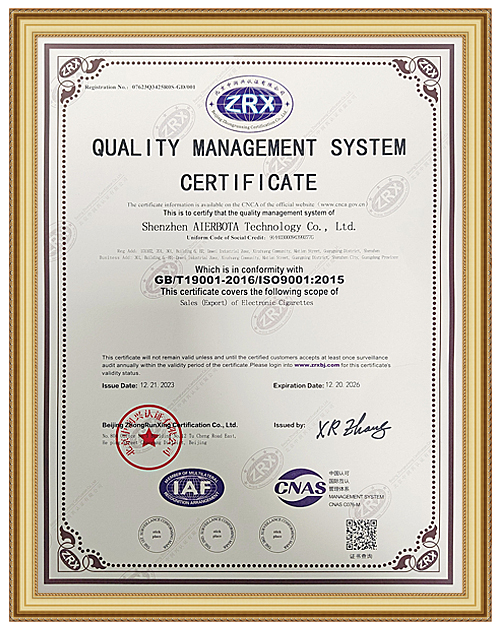In today's competitive business landscape, organizations are constantly seeking ways to enhance their operations and deliver high-quality products and services to their customers. One effective approach that has gained traction in recent years is the implementation of a Quality Management System (QMS). A QMS is a comprehensive framework that helps businesses streamline their processes, improve efficiency, and maintain consistent quality standards. By adhering to the principles of a QMS, organizations can not only meet regulatory requirements but also gain a competitive edge in the market.

The foundation of a successful QMS lies in its ability to establish clear quality objectives and processes that are aligned with the organization's overall strategic goals. This involves identifying key areas for improvement, setting measurable targets, and implementing robust quality control measures. By doing so, businesses can systematically monitor and evaluate their performance, identify potential issues, and take proactive steps to address them. This proactive approach not only minimizes the risk of defects and errors but also fosters a culture of continuous improvement within the organization.
One of the key benefits of implementing a QMS is its ability to enhance customer satisfaction. By consistently delivering products and services that meet or exceed customer expectations, businesses can build a loyal customer base and strengthen their brand reputation. A well-implemented QMS ensures that customer feedback is incorporated into the improvement process, allowing organizations to adapt to changing market demands and deliver superior value to their customers.
Moreover, a QMS can also lead to cost savings and operational efficiencies. By identifying and eliminating non-value-added activities, reducing waste, and optimizing resource utilization, businesses can lower their production costs and improve their bottom line. Additionally, a QMS can help organizations minimize the risk of product recalls, warranty claims, and non-compliance penalties, thereby protecting their financial interests and preserving their market credibility.
Furthermore, the implementation of a QMS can facilitate access to new markets and business opportunities. Many industries and sectors require suppliers and partners to demonstrate adherence to recognized quality standards. By obtaining certifications such as ISO 9001, businesses can enhance their credibility and expand their market reach. This not only opens doors to new business prospects but also strengthens existing partnerships by instilling confidence in the quality and reliability of the organization's offerings.
However, the successful implementation of a QMS requires a committed and engaged workforce. Employees at all levels need to be trained on the QMS principles, understand their roles in maintaining quality standards, and be empowered to contribute to the improvement process. Effective communication, training programs, and recognition of employee contributions are essential elements in fostering a quality-driven culture within the organization.
In conclusion, the implementation of a Quality Management System is a strategic investment that can yield significant long-term benefits for businesses. By focusing on quality, organizations can drive performance improvements, enhance customer satisfaction, reduce costs, and gain a competitive advantage in the marketplace. As businesses continue to navigate an increasingly complex and demanding business environment, a robust QMS can serve as a cornerstone for sustainable growth and success.
TEL/Whatsapp: +86 13502808722
Web: https://www.iminivape.com/
Post time: Mar-12-2024








